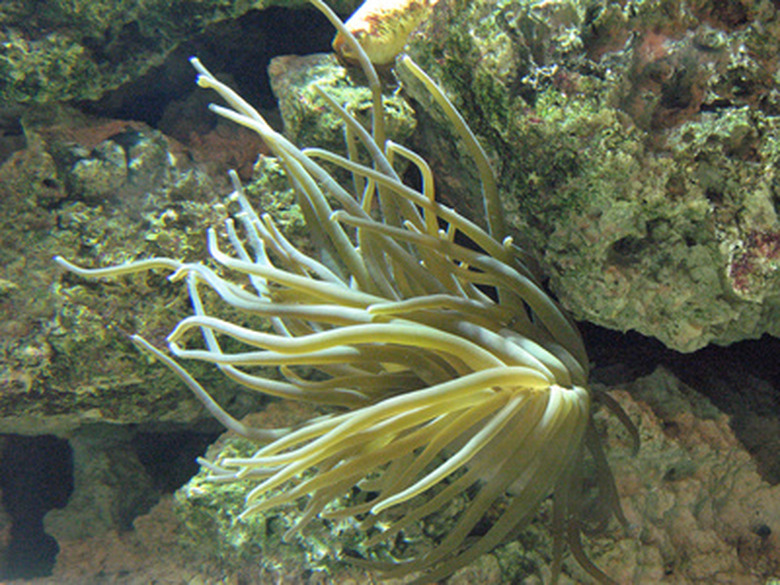Science Fair Ideas For Marine Biology
Marine biology is a vibrant subject with a large number of concepts that lend themselves to the scientific process. Marine biology science project topics can cover a large amount of information, but they are best summarized into three groups: ocean geography, ocean inhabitants and chemical compositions in water.
Ocean Geography Projects
Ocean Geography Projects
The geography of our oceans is a very interesting part of marine biology, but requires a significant amount of research. One way of presenting this information at a science fair would be to study the connection between the tides and the erosion of land over a set period of time.
Collect data on the sea levels over the course of a period of time. Compare this information to yearly tide data and receding beach lines. Include basic information about wave patterns to explain erosion clearly.
Ocean Inhabitants Projects
Ocean Inhabitants Projects
Live marine animals allow students to do important first-hand research. The Orchid Grower website offers many science experiments for easy to acquire marine life such as crabs, shrimp and crustaceans including past experiments performed at the California State Science Fair. One experiment deals with the process of how hermit crabs select their shells, including measures of light and shell sturdiness.
A second experiment records the growth of brine shrimp depending on the salinity (or saltiness) of the water.
Chemical Compositions in Water
Chemical Compositions in Water
Assessing or noting the chemical compositions in water is a far more advanced take on marine biology than ocean geography or inhabitants. Many experiments will require travel to get samples of different types of water. If possible, collect water from a stream, a lake and an ocean. Information at Marine Science gives a breakdown of general chemical compositions to which to compare your samples' data.
Cite This Article
MLA
Greesonbach, Sarah. "Science Fair Ideas For Marine Biology" sciencing.com, https://www.sciencing.com/science-fair-ideas-marine-biology-5985522/. 24 April 2017.
APA
Greesonbach, Sarah. (2017, April 24). Science Fair Ideas For Marine Biology. sciencing.com. Retrieved from https://www.sciencing.com/science-fair-ideas-marine-biology-5985522/
Chicago
Greesonbach, Sarah. Science Fair Ideas For Marine Biology last modified August 30, 2022. https://www.sciencing.com/science-fair-ideas-marine-biology-5985522/
